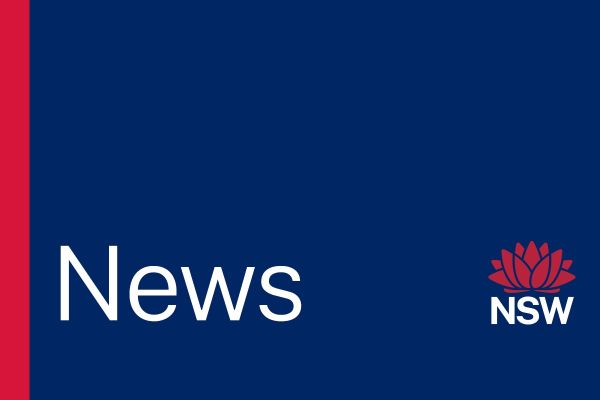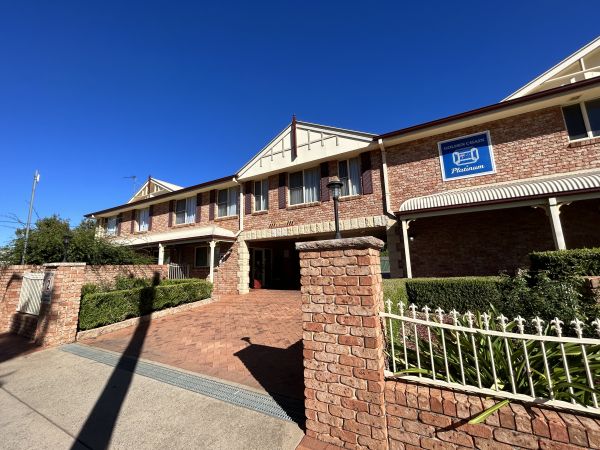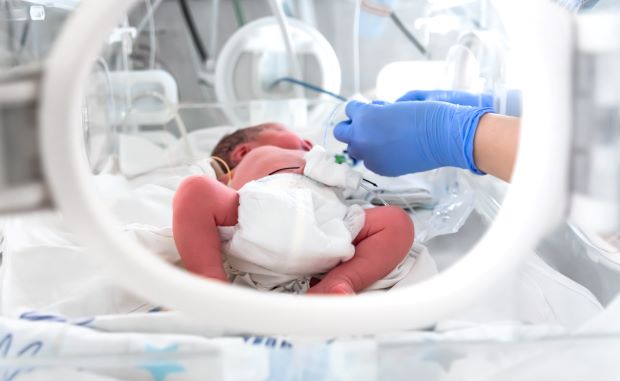Drones, satellite imaging and artificial intelligence are some of the smart technology tools that could soon be used to ensure farmers and other food industry businesses are following health and safety rules.
Remote auditing of companies involved in food production and processing has become a growing trend since the Covid-19 pandemic began early last year.
A University of Canterbury-led project (in cooperation with Otago University, Jiaotong University, Xi’an Jiaotong University, Peking University, and Xi’an Jiaotong – Liverpool University in China and funded by New Zealand China Food Protection Network), has explored the opportunities and challenges of this process, which involves auditors checking a farm or company’s systems are compliant without physically visiting the site.
The report, ‘Remote auditing and assessment during the Covid-19 pandemic in New Zealand and China’, published in July, is based on interviews with 40 stakeholders in New Zealand, China and Australia, including regulators, auditors and food supply chain companies.
According to the lead author, University of Canterbury Business School Professor Pavel Castka, the findings show remote auditing is being widely adopted, but there are concerns about the security and privacy of collected data and a need for more sophisticated technology and systems.
“Since the pandemic and lockdowns have become part of our daily life, auditors have been using basic tools such as Zoom, Microsoft Teams and phone cameras to carry out remote audits and assessments,” Professor Castka says.
“Under Level 4 restrictions, remote audits have been happening even more, because New Zealand Food Safety requires remote verification and checking to be carried out at any operating food businesses involved in importing or exporting food and food-related products.”
Professor Castka says that as remote auditing becomes more routine, there’s a growing need to make it easier and more efficient.
“We can see potential to make the audit process faster, less disruptive and reduce costs, using the more sophisticated, technology-driven solutions we are working on now as well as a mix of remote and in-person hybrid audits,” he says.
“We are exploring how drones, satellite imaging, remote sensors and artificial intelligence can help collect, process and analyse auditing information.”
He believes smart technology tools will bring numerous benefits to farmers and others working in the food industry, addressing some of the concerns about the cost and time involved in compliance auditing.
For example, automated, real-time, water-quality sensors could be used to measure water quality without the need for input from farmers. Digital data collection and artificial intelligence (AI) tools could analyse carbon footprint information along food-value chains. This will become important if carbon tariffs are introduced on products based on the size of their carbon footprint.
Professor Castka also believes there are benefits to consumers from improving accountability for health and safety at food processing facilities.
“Consumers care more about the quality and the environmental and social impacts of the food they buy now, so I think monitoring and reporting processes are becoming more important to meet this consumer need,” he says.
“There’s also a greater need for transparency to build trust. In the near future customers could be able to view key steps in the production and supply chain of high-value agricultural products using live cameras and sensors.”








